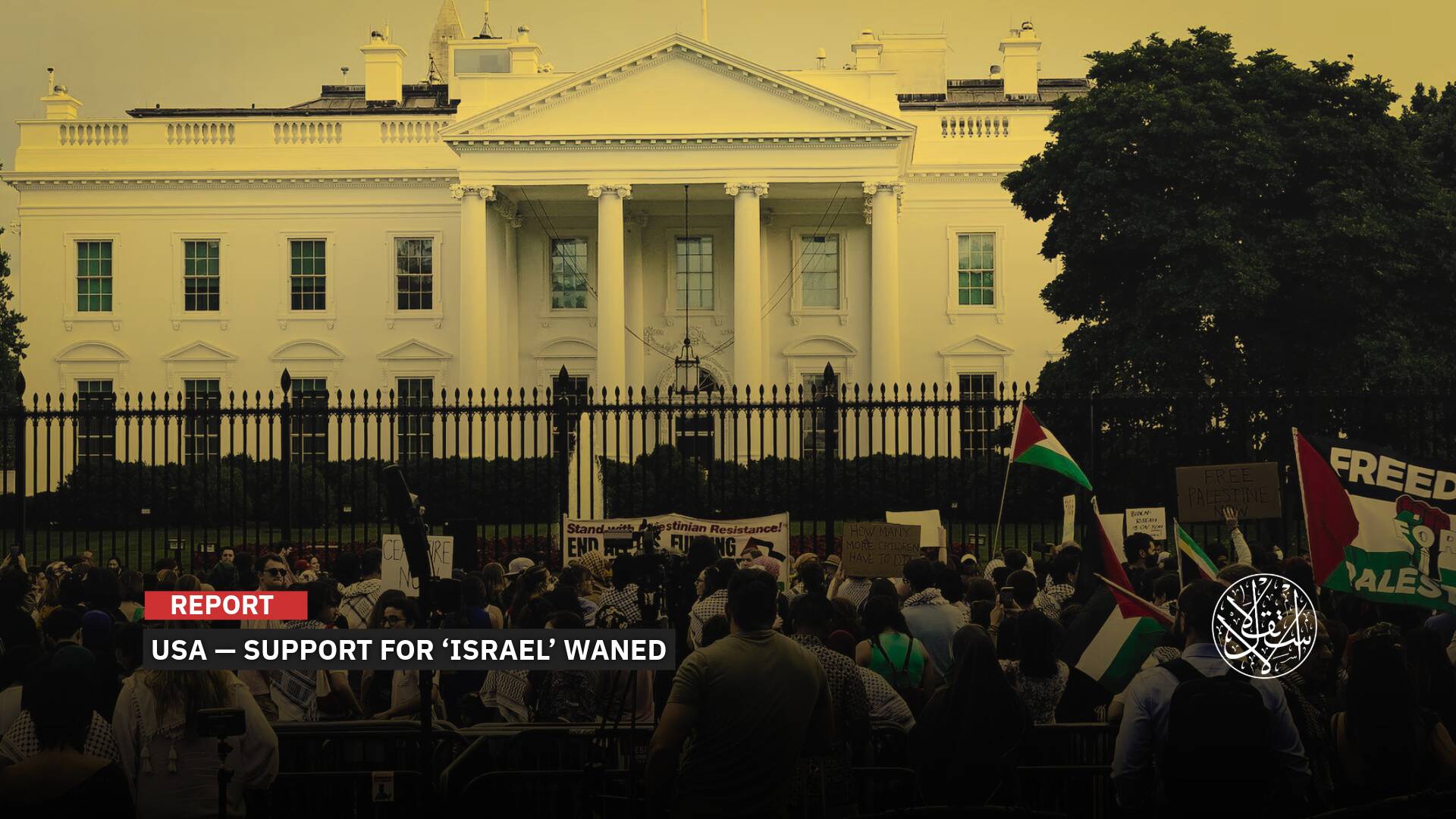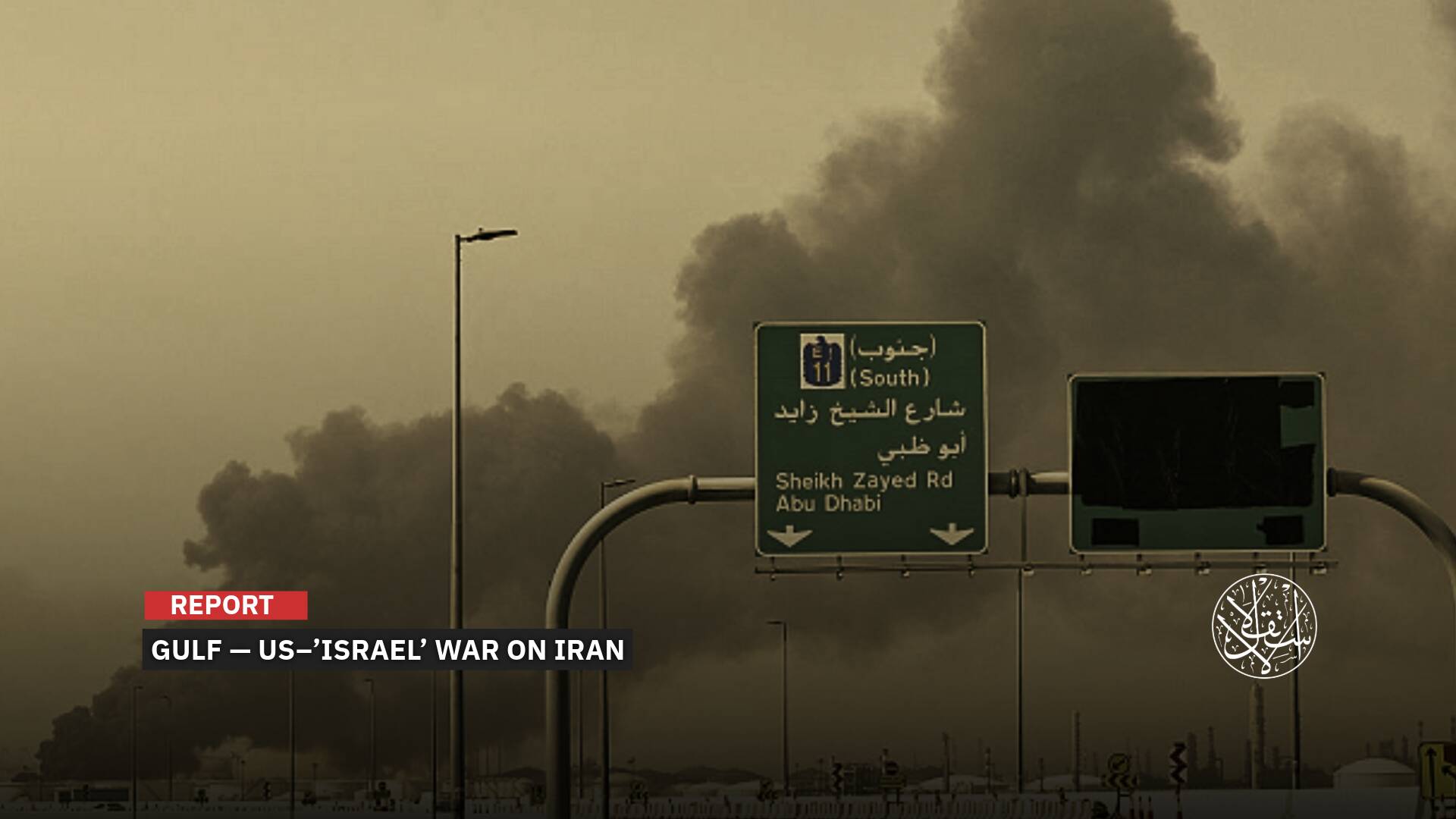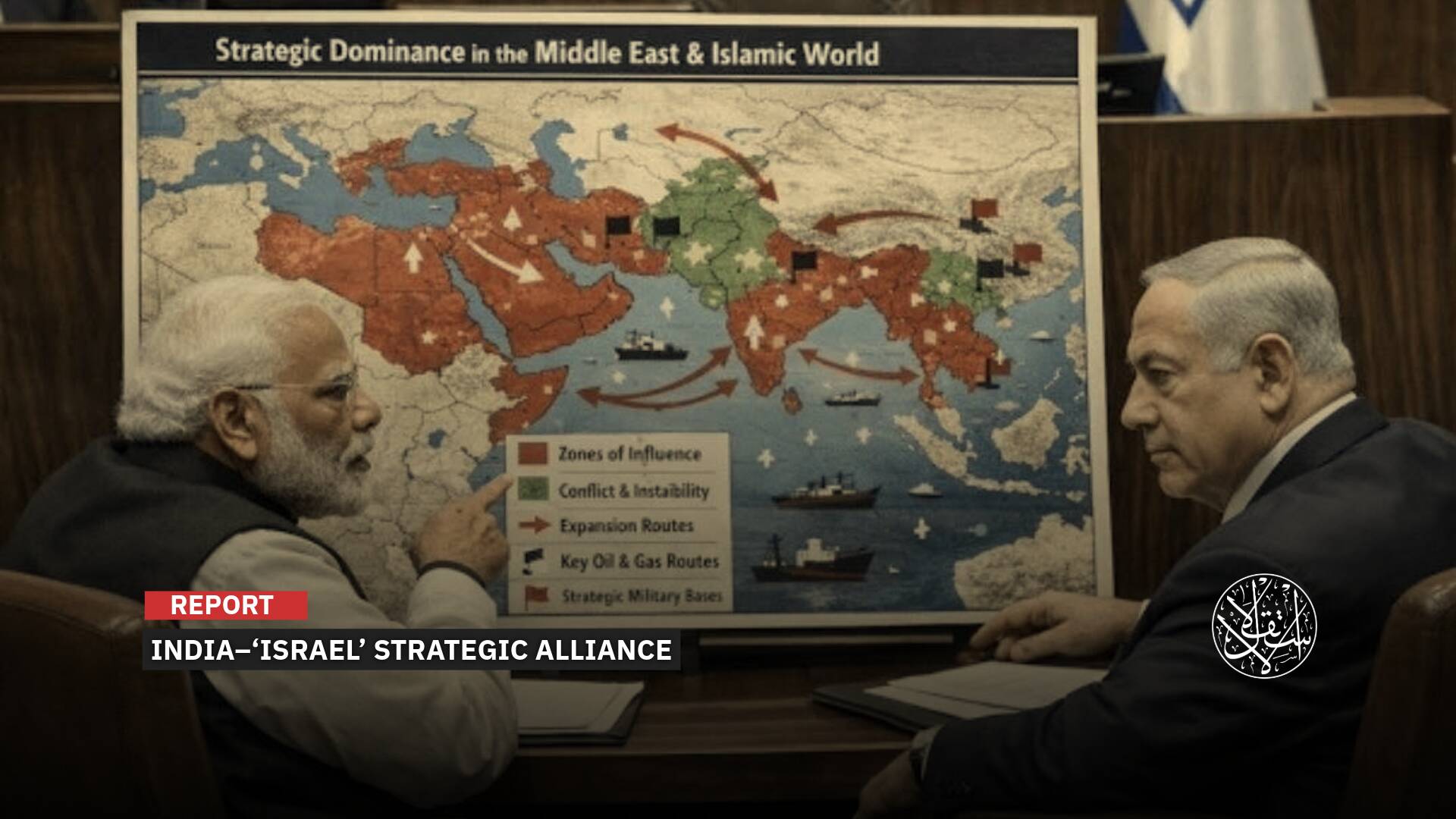Killing, Starvation, Sexual Violence and Recruitment: The Fallout of the Civil War on Sudanese Children

The United Nations: 14 million Sudanese children in need of urgent humanitarian assistance, including 4 million displaced children.
Population Today website estimates Sudan's population to be around 49 million people as of March 17, 2024.
Millions of these children are paying a steep price for the ongoing conflict between the Sudanese army led by Abdel Fattah al-Burhan and the Rapid Support Forces led by Mohamed Hamdan Dagalo (Hemedti).
300 Days of Atrocities
The United Nations Children's Fund (UNICEF) announced that despite the United Nations Security Council's decision to cease hostilities during Ramadan in Sudan, clashes continue between the warring parties.
In a statement on X on March 16, UNICEF emphasized the need to cling to a glimmer of hope to save the future of children and prevent a humanitarian catastrophe in Sudan, where an internal war has been raging since April 15, 2023.
UNICEF confirmed that 14 million children are in need of humanitarian assistance, including 4 million Sudanese children who have been displaced.
On February 9, 2024, the United Nations urged not to turn a blind eye to the plight of Sudanese children, describing it as the largest child displacement crisis in the world.
UN spokesperson James Elder announced, in a press conference in Geneva following a visit to Chad and Darfur, where he met with Sudanese refugee and displaced families, that 4 million Sudanese children have been displaced — that's 13,000 children every day for 300 days.
Elder noted that hope had faded, and people had lost safety and property, with friends and family members separated or lost entirely.
Elder warned that more than 700,000 children were at risk of the most severe forms of malnutrition this year, saying, "We won't be able to treat over 300,000 of them without improved access and additional support. Tens of thousands will likely die."
But perhaps most alarming, as noted by the UN coordinator, was the increase in cases of killing, sexual violence, and child recruitment by five times compared to a year ago.
"This, then, is a war destroying health and nutrition systems, and that is killing people. This is a war destroying the concept of respect for the laws of war, and that is killing people. This is a war destroying families' ability to feed and protect themselves, and that is killing people," added Elder.

Shocking Revelations
According to a report by the World Food Program released on February 5, 2024, a staggering 19 million children in Sudan are unable to attend school due to war, marking the highest percentage of forcibly out-of-school children in the world.
On February 5, Medecins Sans Frontieres (Doctors Without Borders) also revealed that a Sudanese child dies every two hours in the Zamzam camp for displaced persons in North Darfur, western Sudan, due to malnutrition.
On March 6, the United Nations World Food Program warned that Sudan could face the "largest hunger crisis" in the world unless the fighting stops, with children being the first casualties of the impending tragedy.
On March 14, the General Coordinator of Refugee and Displaced Persons Camps in Darfur, Yagoub Abdallah Furi, described the situation in Sudan as "tragic" in an interview with Anadolu Agency.
Especially with the absence of international aid, he spoke about women's inability to leave the camps to fetch food out of fear of rape, further endangering the lives of children in a terrifying manner.
Furi, who is located in the Kalma camp in Nyala City, South Darfur state, stated that even tree leaves are scarce, and locusts are no longer present to alleviate children's hunger in the displacement camps of Darfur.
Women used to gather tree leaves and cook them into soup for children, and they used to catch locusts for them to eat, but all of that is no longer available, according to what he said.

The Fuel of War
The tragedy of Sudan's children did not end with famine, malnutrition, and deprivation of education, but something even more horrifying and cruel awaited them.
On January 20, 2024, The Telegraph published a report on the recruitment of children in Sudan and their use as fuel for war by some warring parties.
It revealed that the Rapid Support Forces began arming children as the situation in the country deteriorated and a comprehensive civil war was declared.
It stated that boys as young as ten years old were given automatic rifles by Rapid Support Forces officers in the state of White Nile.
After handing them 300 bullets each, the officer told them, "We want you to kill 300 fighters," and warned them not to waste ammunition.
The Rapid Support Forces target unaccompanied children and children from poor families in the outskirts of Khartoum, as well as in Darfur and West Kordofan, to recruit them for combat roles, according to the newspaper.
Dr. Suliman Baldo, a human rights expert at the Sudan Transparency and Policy Tracker, told the British newspaper that in many cases, you see very young boys getting weapons, they are basically turned into cannon fodder, sent as sacrifices without reward.
The Telegraph explained that the Rapid Support Forces have a brutal record reminiscent of the genocide in Sudan that began nearly 20 years ago, having recruited children in all the battles and massacres committed during those years.
The British newspaper did not hesitate to accuse the United Arab Emirates of causing the war to reach this level, especially since it provided the Rapid Support Forces with money, equipment, and supplies and made unspecified deliveries through Uganda, the Central African Republic, and Chad to its ally, Hemedti.

Children of the Gun
Commenting on the scene, Sudanese politician Ibrahim Abdel-Ati described the situation of Sudanese children as a "rapid and harsh burning of the country's future, which was once the largest in the Arab world and the richest in terms of food resources."
In his interview with Al-Estiklal, he said, "Who would believe that Sudan, the breadbasket of the world, would see its children die from hunger and malnutrition? Who would believe that they cannot find shelter, treatment, or healthcare?
"And more than that, there is a whole generation of children almost completely cut off from education, and I'm not saying this since the beginning of the recent conflict between the army and the Janjaweed, but for years.
"There is a major educational gap that has occurred, and its effects will emerge in the future when millions of people find themselves without education, after schools, institutes, and universities have been disrupted."
Regarding the phenomenon of child recruitment, he said, "During the ongoing war, the phenomenon we called 'Children of the Gun' spread, where children were recruited in an exaggerated manner contrary to humanitarian norms and were used in wars as human shields.
"How many children like these have we lost in this war? Hemedti is a criminal and always denied recruiting children in the Rapid Support Forces, and I strongly believe he should be internationally punished for that.
"Sad for these children and specifically for the circumstances that shaped them, as they were not only deprived but also robbed of their childhood and paid the price of a war in which they had no stake."
Sources
- UNICEF: A remaining glimmer of hope to prevent a “mass loss” of children in Sudan [Arabic]
- Doctors Without Borders: A displaced child dies every two hours in western Sudan [Arabic]
- Three hundred days of atrocities against the children of Sudan
- Sudan’s military ‘arms child soldiers’ as country inches towards civil war
- Eyewitnesses report child recruitment into Sudan's conflict [Arabic]










